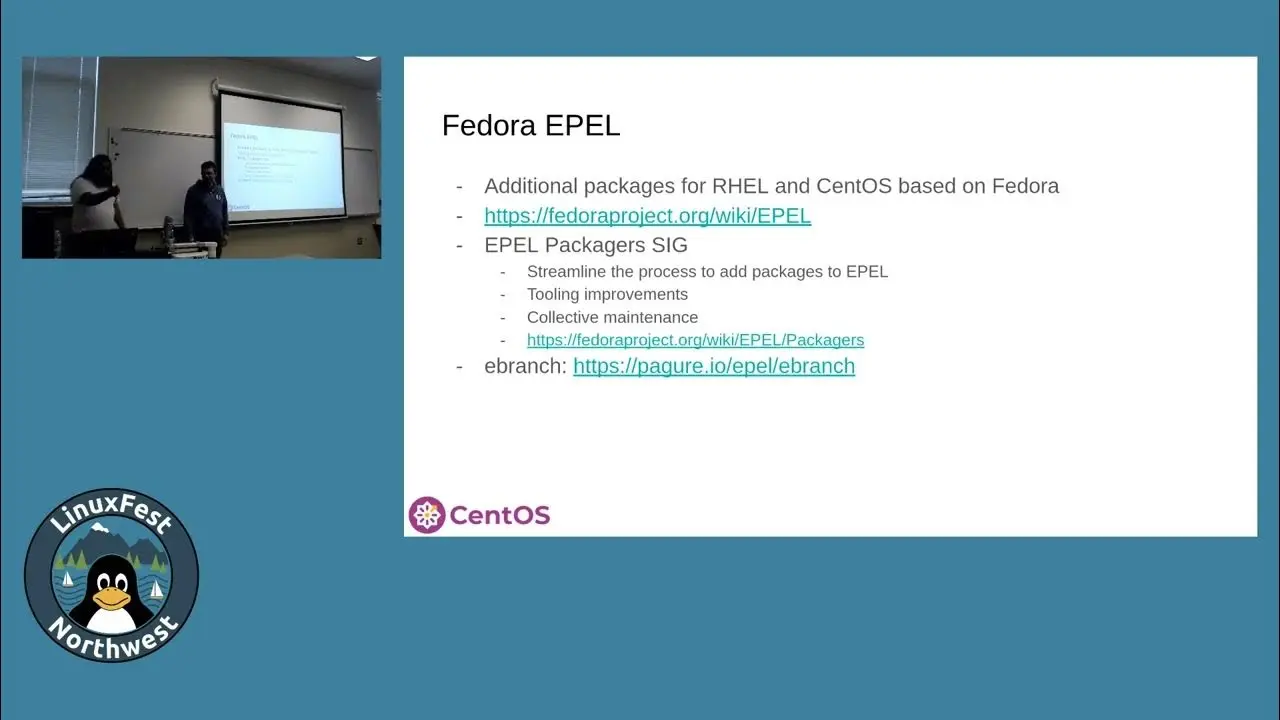I found the talk really interesting, especially how CentOS-Stream means SIGs can fork the hell out of it.
The Hyperscale SIG highly modifies it, by backporting tons of packages, shipping modern Kernel, systemd and more.
They also ship btrfs-kmod to use BTRFS like an out-of-tree driver on regular RHEL/CentOS.
They enable livepatching for the Kernel.
And a lot more!
PS: if you are looking for the official LTS Linux kernel, built for Fedora, CentOS & RHEL, check out this COPR



Updates tend to be an issue, especially when it comes to changes in application interfaces. We’ll never know what would break after a major update.
This is why point release distro remains the majority in enterprise world.
Perhaps immutable distros are there to provide that continuous update while having the ability to rollback.
Very interesting. I dont think that app interfaces should break between releases? But CentOS Stream doesnt really have releases so yeah, very fair point.
You actually convinced me that it is likely completely bad for using on Servers. It is just a testing OS for upstream RHEL.
I liked a YT Video about this. CentOS Stream now is upstream of RHEL, RockyLinux and Almalinux. If one of these projects wants to fix a bug, they can implement the fix in Stream and all get the fix.
If they have good reason, they totally should! In fact this is pretty common.
One prominent example would be how runtime files for PostgreSQL & MySQL are incompatible between major version. E.g. if you’re to upgrade from postgres 11 to 12, you’ll need to do migration.
A lot of command line programs change their default behaviors, deprecate options, etc. This may not be so for coreutils (cp, mv, ls, ln, et al.), but for the more actively developed programs.
In the end, it might not be complete bad to have rolling release on servers, but in most case, it’s not worth the headache.